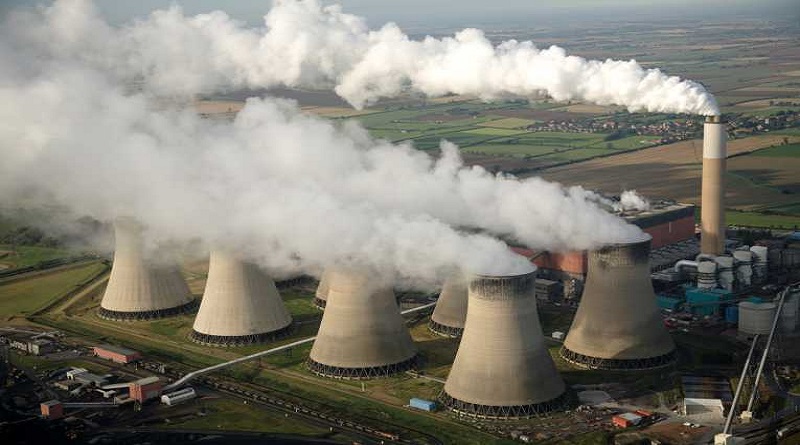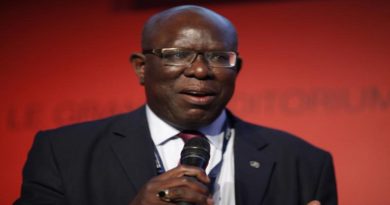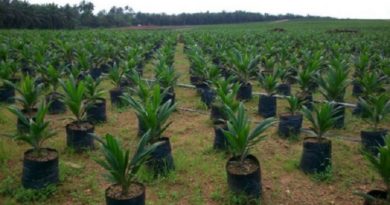Paris Agreement: Senegal cancels controversial Bargny Coal Plant
The President of Senegal, Macky Sall, announced the cancellation of the Bargny coal-fired plant, in line with the country’s commitments under the Paris Agreement. Coming in the midst of COP25, this announcement has been welcomed by local communities and activists in Senegal, who for over five years have strongly opposed and actively campaigned against this coal power plant while pushing the government to invest in renewable energy.
In response to the announcement, Landry Ninteretse, Regional Team Leader at 350.org Africa said, “In the last three years, 350.org along with local and regional partners have been raising the alarm, exposing the catastrophic human and ecological impacts facing the Bargny, Sendou and Rufisque communities if the project went ahead. We denounced the role of banks such as the African Development Bank, the Compagnie Bancaire de l’Afrique de l’Ouest (CBAO) and the Netherlands Development Bank (FMO), who had financed the project. This decision confirms that the voices of concerned communities and the science calling for a halt to fossil fuels need to be heard by governments. Senegal now has a chance to get on a different, clean path to development that centers sustainability and justice”
The cancellation of the coal project comes after a series of technical failures, financial difficulties and conflicts between shareholders which had paralysed the project in the last four months, halting the importation of coal and causing the dismissal of project workers. Recently, also the Tidianes General caliph added his voice as a well respected religious leader in the country to those of the communities and activists who have been mobilizing against the controversial coal project.
Mamadou Barry, the Executive Director of Action Solidaire International said, “While we as campaigners in Senegal welcome the presidential decision, we are wary of the ‘transition plan’ suggested by the Senegalese President that is considering turning the coal plant into a gas facility. We shall also resist this gas facility as it is likely to have similar harmful impacts on the wellbeing of the people of Bargny, Sendou and Rufisque.”
The cancellation of this Bargny Project is the second major coal project to be cancelled on the continent this year, after the National Environment Tribunal (NET) of Kenya cancelled the licence previously granted to Amu Power for the construction of the Lamu Coal Plant. Proof that people power is truly unstoppable and that resistance to fossil fuels is rising.
Similarly, the announcement by the African Development Bank in September that it won’t fund any coal projects in Africa shows the growing concern and lack of support for fossil fuel projects across the continent and more importantly the fact that the voices of the people demanding for greater climate action are now being heard in top-level decision making organs across the continent.




